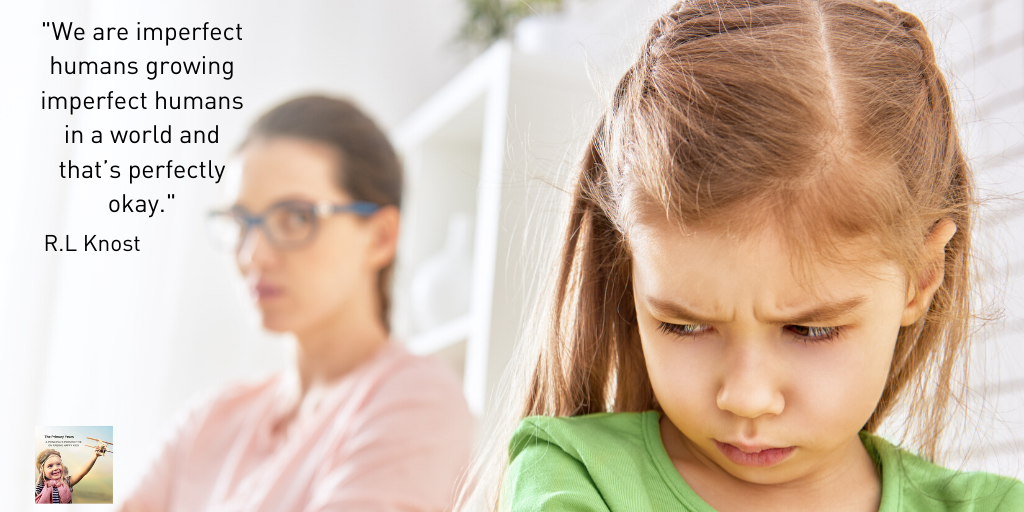I am a poor parent.
I don’t discipline enough. I should be harder.
I really try but they don’t listen.
Why are they so nasty?
I don’t like their personality.
So many feelings come up to the surface and can easily cause us to lose sight of what we are actually dealing with and that is a child.
I have heard parents say to me when things seemed gloomy that they felt like dissociating with their child. And of course, felt guilty because of these feelings. Oh, what an unsettled web we weave in our head when a series of bad behaviour seems to be all-consuming. I would say that it can become all-consuming and you become highly sensitive and on guard to what is the next challenge to your emotional stability. You almost wait for the next entourage of poor behaviour which keeps making you so unhappy.
My first thought is to remind yourself that too many negative thoughts just continue to feed off each other and the problem has by nature of your anxiety increased existentially. To help you put things into perspective, reflect on the following thoughts that come from many years of seeing children grow through their problems developing into well rounded young adults.
Keep in mind that the behaviour will pass. It is only a moment in time in the life of your child.
He or she is, after all, a child and this is a testing time to express themselves.
Accept that you will not like some of their behaviour but that is acceptable. It is natural to reject poor behaviour. It is natural to want to address the problem.
Take space. When you feel overwhelmed just take a walk. This can be a short moment away from the situation or a planned extended time to have a break from the issues that are becoming too hard to manage.
Remember that they are children’s problems and that is normal.
Don’t compare your child’s behaviour to others. This only builds resentment and further negative feelings.
When feelings are overwhelming and negative remind yourself how much you love that child. Think about happy times together. Could you live without them?
Try to be less affected when poor behaviour occurs. Take deep breaths and keep in mind that it will pass. You will not be having this problem in a year or two. Everything changes so quickly with children.
When you have a negative thought about your child look at some photos of your child which remind you of the beauty and sweetness of that child. They are a magnificent individual that will grow into a wonderful young adult.
Remind yourself that poor behaviour is exactly that. It is often driven by other factors and it not about the person of the child. You love the child, you dislike the behaviour. Keep it separate in your thoughts.
When you have negative feelings work harder to have happy times with your child. Keep up the cuddles, laughter and family activities.
Shorten activities and have some fun together. Short sharp bursts of fun together are very healing.
Talk to your child’s teacher about the wonderful things they have noticed about your child. Often this can be an eye-opener to parents.
There is nothing going for focussing on negative thoughts. They only inhibit your ability to move on and work through issues calmly and reasonably. The more we fill our head with negative feelings with regard to our children, the further we distance ourselves from developing a rich relationship. Every child deserves that with or without bad behaviour attached.
